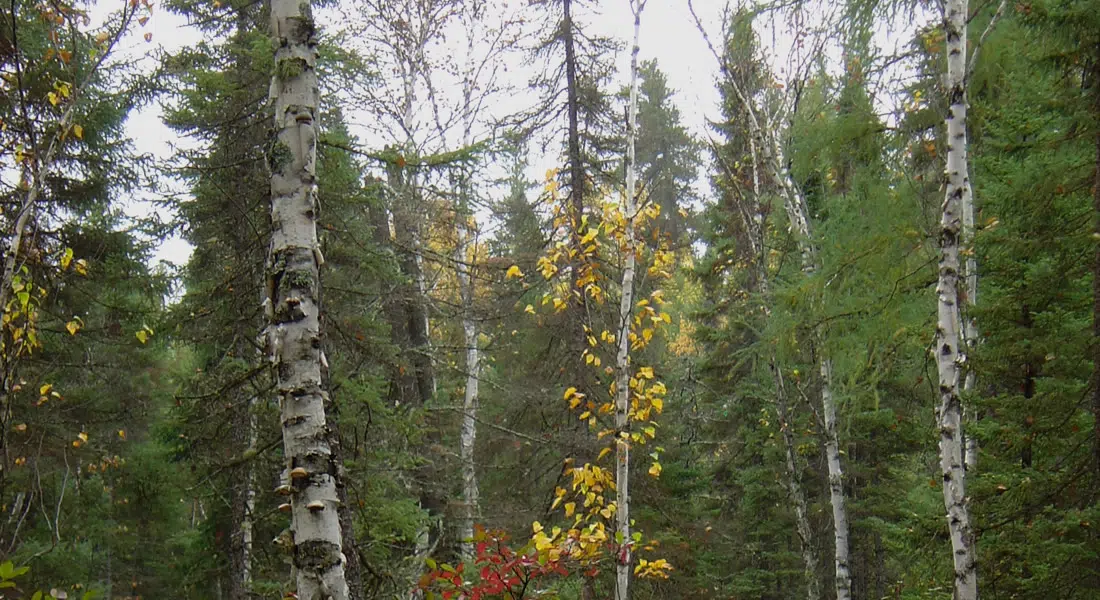
The Saskatchewan Research Council says Canada’s climate is warming faster at twice the global rate and the Canadian Arctic is warming 3 times faster.
Scientists at the SRC, Dr. Mark Johnston says one of the reasons for this is as the sea ice disappears, it reduces the reflectivity of the earth’s surface and increases the absorption of solar radiation. So, it’s a cycle of sea ice and snow melting, which leads the ocean to absorbing more heat, and then more ice melts.
Dr. Johnston has been working on a climate change vulnerability assessment for the forestry industry. He and other stakeholders have been studying the boreal forest in eastern Saskatchewan that straddles Manitoba. The idea is to figure out what the climate change impacts will be in the future, so forestry companies can adapt.
Because it’s a wetter forest with boggy areas, it’s not expected there will be a huge increase in wildfires, but the increased warming means shorter winters, and in this area, timber is cut in the winter because the roads are more accessible.
The assessment suggests a reduction in winter harvest by up to a month in the future, so the forestry companies will have to factor that in to their planning.
Johnston emphasizes that this vulnerability assessment is a practical project.
It’s not designed to be a scientific research project, but instead a more useful assessment that government and industry can use in long term planning.






















